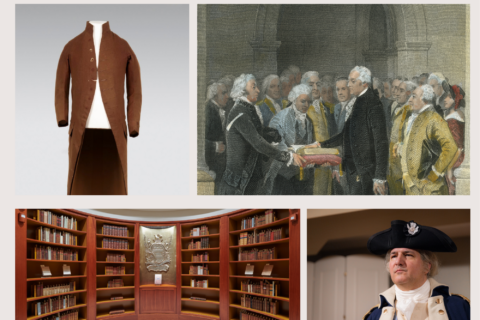This article was reprinted with permission from Virginia Mercury.
Virginia students would be allowed to take the state’s annual learning assessments in a language other than English under a bill that advanced out of a House Education subcommittee on Tuesday.
Del. Laura Jane Cohen, D-Fairfax, introduced the legislation, after the Virginia Board of Education recently made changes to include more testing results from English learners, who have typically been excluded because of the language barrier, into a school’s accountability calculations.
Virginia’s schools are measured on whether they are meeting state expectations for student learning and proficiency through the Standards of Learning (SOL) assessments which test students on subjects like math, reading, science, writing, and history and social science.
“This bill is meant to address the difficulty that language barriers present in capturing the knowledge and understanding that our SOL assessments were intended to evaluate,” said Cohen at Tuesday’s subcommittee hearing, adding that Virginia would join over 30 states that offer similar services on state assessment tests.
Representatives from multiple organizations and school divisions, including those from the city of Roanoke in Southwest Virginia and Fairfax County in Northern Virginia, expressed support for the legislation on Tuesday.
“You’ve heard from Arlington and Fairfax, but this is an issue statewide,” said Tom Smith, legislative liaison for the Virginia Association of School Superintendents.
Jorge Figueredo, executive director of Edu-Futuro and a member of the Virginia Coalition for Immigrant Rights, said that as an English language learner, he believes it takes “four to seven years to achieve full language proficiency” and supports the legislation.
His organization serves more than 4,000 children, youth and adults every year in Northern Virginia, and more than 1,000 students from four public school divisions in Northern Virginia, including English language learners from Arlington, Fairfax and Prince William counties, and the city of Alexandria.
Other speakers recommended lawmakers consider a comprehensive overhaul of the assessment system, which has been “tweaked” and “modified” over the past 20 years, said Alan Seibert from Roanoke City Schools.
Sen. Barbara Favola, D-Arlington, who is carrying a companion bill, is planning to amend her legislation to solely focus on providing math and science assessments in Spanish.
The draft budget amendment states priority should be given to students in Grades 3-5 Math, Grades 5-8 Science, Biology, Algebra I, and Geometry in that order. Virginia will provide tests in Spanish as long as funding is available.
The senator said $300,000 is being requested to fund the exam translations.
Cohen’s bill is open to all subjects. Her bill also states students with limited English proficiency could take the tests in one of the three most common languages other than English for up to two consecutive years.
Del. Carrie Coyner, R-Chesterfield, who sits on the education committee, said if the legislation moves forward she would like to see the bill focus on one assessment, such as math, instead of multiple ones to help leaders know if it “makes a difference in our state in terms of what we can see and identify for content knowledge and growth, rather than doing all of them at once.”
Coyner recommended that the legislation focus on students who have lower scores on WIDA’s English language proficiency test, a nationwide assessment tool for multilingual learners, to avoid double testing students. She said the bill should also clarify who decides which languages to use for the assessments.
Cohen’s bill was sent to the full House Education committee to be forwarded to House Appropriations for consideration.







